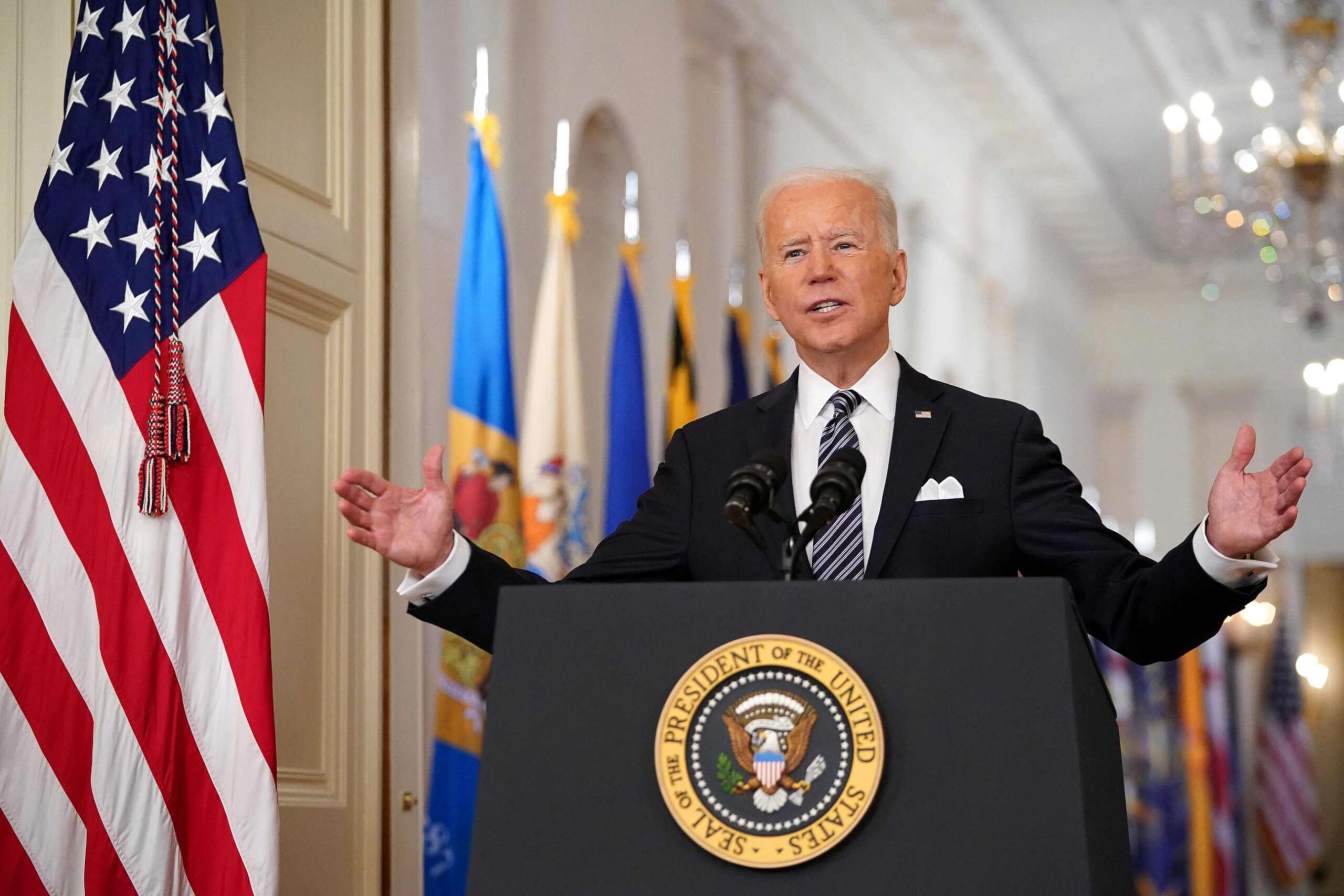Jeff Bezos is more than just a billionaire he’s a symbol of 21st-century innovation and disruption. As the founder of Amazon, he has reshaped how people shop, read, work, and even dream about space. From starting his business in a humble garage to creating one of the most valuable companies in history, Bezos has built a legacy that goes far beyond e-commerce.
Jeff Bezos story isn’t just about financial success. It’s about radical thinking, customer obsession, and a relentless pursuit of excellence. His ventures span retail, cloud computing, media artificial intelligence, and space exploration, reflecting a unique blend of business acumen and futuristic vision. He has become a household name, not just for his wealth but for his influence on modern capitalism.
This article explores the different stages of Jeff Bezos’s life and career, offering insights into his entrepreneurial journey, leadership principles, and future ambitions. Whether you’re an aspiring entrepreneur or a curious reader, there’s something powerful to learn from his trajectory.
1. Early Life and Education
Jeff Bezos Born on January 12, 1964, in Albuquerque, New Mexico, Jeffrey Preston Bezos showed early signs of curiosity and intellect. His mother, Jacklyn, was a teenager when he was born, and his stepfather, Miguel Bezos, was a Cuban immigrant who adopted Jeff and gave him his last name. Jeff displayed a love for science and technology from an early age, often dismantling gadgets to see how they worked. His childhood summers spent on his grandfather’s Texas ranch instilled in him a strong work ethic and hands-on problem-solving skills.
As a student, Bezos stood out for his academic brilliance and ambition. He attended Miami Palmetto Senior High School, where he excelled in science and math, eventually becoming a National Merit Scholar. He also showed entrepreneurial flair by starting the Dream Institute, a summer camp for kids interested in learning. His intellectual journey took him to Princeton University, where he majored in electrical engineering and computer science. During his college years, he gained exposure to cutting-edge technologies that would later become foundational to his business success.
These formative years helped shape Bezos’s analytical thinking, deep curiosity, and fearless ambition—qualities that would drive his entrepreneurial pursuits. His early experiences with hard work, science, and leadership laid a solid foundation for the innovations to come.
2. The Founding of Amazon
The birth of Amazon began with a bold leap of faith. In 1994, Bezos left a high-paying job at the hedge fund D.E. Shaw in New York after learning about the explosive growth of internet usage. He compiled a list of 20 potential product categories to sell online and ultimately chose books due to the wide variety and global demand. With a clear vision in mind, he moved to Seattle and started building Amazon from his garage with a handful of employees and a relentless drive.
Launching Amazon was far from easy. The early days involved long hours, constant experimentation, and strategic risk-taking. Bezos was deeply involved in all aspects of the startup, from packing boxes to writing code. The company quickly gained traction, attracting venture capital and going public in 1997. Despite the challenges of the dot-com bubble, Bezos remained focused on long-term growth instead of short-term profits, a strategy that paid off tremendously in the years that followed.
Amazon evolved rapidly from an online bookstore into the “everything store.” Bezos diversified the company into electronics, clothing, cloud computing (with AWS), and media services like Prime Video. He made key acquisitions including Whole Foods, Twitch, and Zappos, further expanding Amazon’s ecosystem. The company’s meteoric rise was anchored in a customer-obsessed culture, fast innovation cycles, and Bezos’s commitment to operational excellence.
YOU MAY ALSO RAED Jesse Watters
3. Leadership Style and Business Philosophy
One of the cornerstones of Bezos’s success is his unique leadership philosophy, famously encapsulated in the concept of “Day 1.” According to Bezos, staying in a “Day 1” mindset means operating with the same energy, urgency, and innovation as a startup—no matter how big the company becomes. He believed that “Day 2” is stasis, followed by irrelevance and decline. This principle became a guiding mantra for Amazon’s culture and decision-making.
Another key aspect of his leadership is his tolerance for calculated risk and long-term thinking. Bezos consistently invested in areas that would not yield immediate returns but had massive long-term potential—examples include AWS, the Kindle, and Amazon Prime. He was willing to endure criticism from Wall Street analysts, as he prioritized innovation and customer satisfaction over quarterly earnings.
Internally, Bezos emphasized high standards, data-driven decision-making, and decentralized teams. His “two-pizza rule” advocated for small teams that could be fed with two pizzas, ensuring agility and accountability. He also replaced PowerPoint presentations with narrative memos for meetings, encouraging deeper critical thinking and clarity.
Bezos’s leadership style is often described as demanding but visionary. He set incredibly high expectations for himself and his team, constantly pushing boundaries and redefining what was possible.
4. Beyond Amazon: Blue Origin and Personal Ventures
After building one of the most influential companies in the world, Bezos turned his gaze skyward with the founding of Blue Origin in 2000. Motivated by a lifelong fascination with space, he envisioned millions of people living and working in space for the long-term survival of humanity. Blue Origin’s motto, Gradatim Ferociter—”Step by Step, Ferociously”—reflects his measured yet bold approach. The company has developed reusable rockets like New Shepard and plans orbital missions and lunar landings, positioning itself as a major player in commercial spaceflight.
Bezos also made a significant mark in media with his acquisition of The Washington Post in 2013. Under his ownership, the newspaper embraced digital innovation, expanded its audience, and returned to profitability—all without sacrificing journalistic integrity. His influence revived a struggling institution, proving that tech leadership can bring value to traditional industries.
In addition, Bezos launched the Bezos Earth Fund with a commitment of $10 billion to combat climate change. While his philanthropic efforts have drawn both praise and critique, they reflect a growing sense of responsibility to give back. His personal life has also made headlines—from his high-profile divorce to his increasingly public appearances with partner Lauren Sánchez and ventures into fashion and luxury lifestyle.
These ventures demonstrate that Bezos is not content with past success. He is actively shaping the future—on Earth and beyond—with a continued focus on innovation, disruption, and legacy.
Conclusion
Jeff Bezos journey from a curious child to one of the most powerful figures in modern business is nothing short of extraordinary. He redefined e-commerce, transformed logistics and cloud computing, revived a legacy newspaper, and is now aiming for the stars. His story offers invaluable lessons in vision, discipline, innovation, and resilience.
Though he has stepped down as CEO of Amazon, Bezos remains deeply influential through his ventures like Blue Origin and philanthropic initiatives. He has forever changed how businesses think about customers, technology, and leadership.



